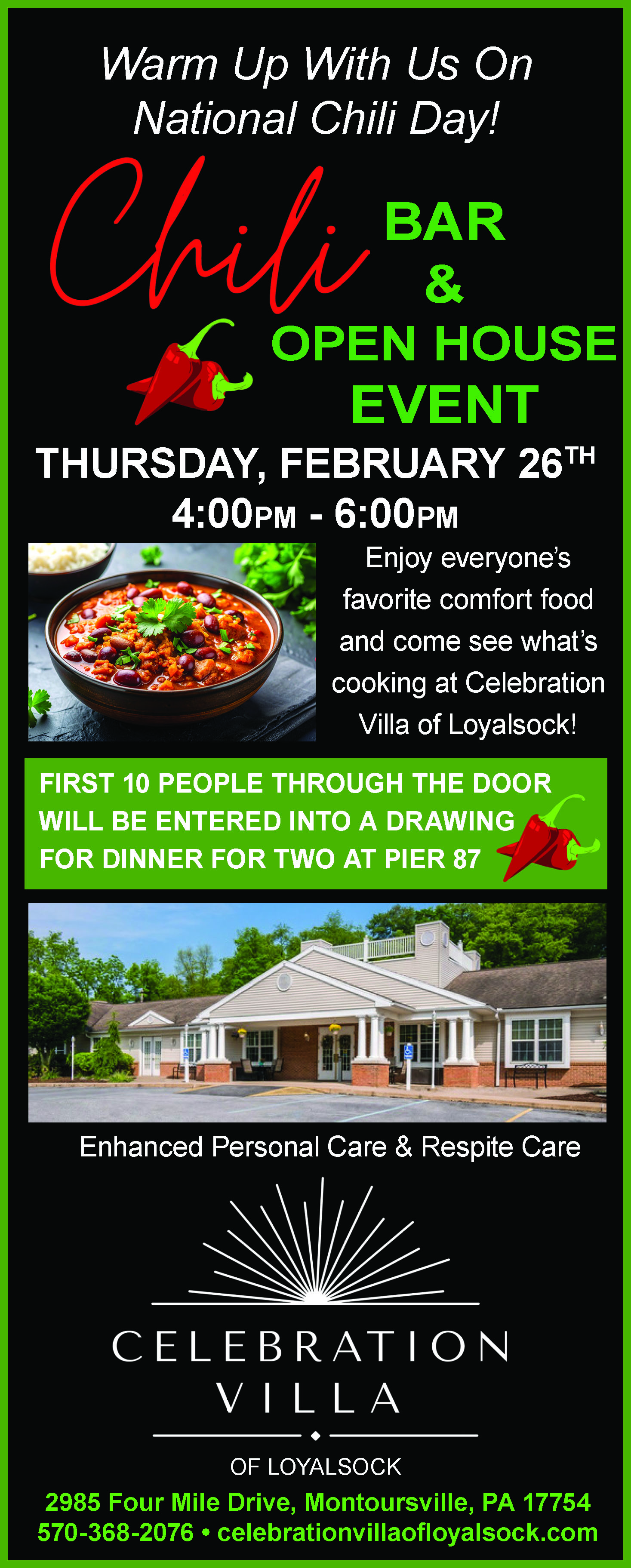Last week, I reached out to people I know who are working and serving faithfully in the midst of the pandemic. My desire was to gain a local perspective of how Covid-19 is affecting people in our valley so I could share their stories. The national news outlets have an important role to play, but nothing can replace local voices. These are people we know, people in our community. My prayer is that by hearing their voices, we can gain a better understanding of the difficulties they are facing every day — and what we can do to make a difference.
I spoke with a local Physician Assistant. I asked her to summarize her initial thoughts. The first thing she said was this, “There’s a lot of love out there — but there’s also a lot of fear.”
On the love side, she described a patient who made six masks for her to wear at work. She said a friend from her church made her two masks and then mailed them to her home. That’s good stuff.
But on the fear side, she described some painful discrimination that is happening. Some people don’t want to associate with medical professionals or their families. Some don’t even want to shop in the same grocery stores. It is a level of rejection that is hard to swallow at a time when medical professionals are making so many sacrifices.
I also spoke with a Nurse Anesthetist. Being a specialist who works specifically with people’s airways, he is preparing to serve in the danger zone of the pandemic. He described tensions being pretty high at work, “If you sat in on our meetings, you would realize that this is a big deal.” Staff are trying to anticipate worst-case scenarios, and as they do, anxiety builds and tempers flare. There is an extra layer of tension that has everyone edgy. Managing fear and anxiety has become a new daily discipline – and he is avoiding negative conversations.
I asked both of them to describe how they are protecting their families as they face the possibility of Covid-19 exposure at work. Their answers were very similar. Here’s a summary of the decontamination routine they follow every day:
First, remove shoes. Work shoes do not go in the house. Second, go to an isolated area and change clothes. Third, the clothes go immediately into the wash machine. Fourth, all non-washable items like cellphones, watches, rings, and hair clips are sanitized. Finally, it’s into the shower and then fresh clothes. It’s a meticulous and time-consuming process designed to protect their loved ones from exposure.
Even with all that effort, some medical professionals are social distancing from their spouses and children. It is one of the hard realities that comes with serving on the front lines. It’s a tough way to live, but they are committed to serving in their essential roles, regardless of the sacrifices they must make and the discrimination they must endure.
Both of my friends recognized that there are a lot of other people serving in essential roles: truck drivers, grocery workers, prison guards, police officers, first responders, sanitation workers — frankly, the list is long. These incredible people are also making sacrifices and taking risks to keep us safe and strong. We need to remember them too — and express our deep appreciation for the work they are doing. I couldn’t agree more.
I asked both of them to share with our readers what we can do to make a difference. Here’s a summary of their responses:
First, pray that God would give health care professionals and all essential workers sanity, safety and endurance. The pressures at work and home have increased exponentially — and that new reality is going to last for quite some time. Please pray.
Second, stay home. It’s the sacrifice we can all make as we try to flatten the curve. Everyone must do all they can to stay healthy. This will allow the healthcare system to operate without being overwhelmed.
Third, protect your immune system. Eat a healthy diet, drink plenty of water, get enough sleep, exercise regularly, break destructive habits, avoid stress. Your best defense is a strong immune system, so do all you can to strengthen it.
Fourth, don’t spread negativity, especially a lot of the misinformation floating around on the internet. We need to stay positive and determined to overcome. Use your social circles to support each other and to share uplifting and inspirational stories. We are going to get through this.
Fifth, pour out love and compassion, not fear and discrimination. We’re all in this together, so let’s pull together. Stay in touch with your neighbors, especially the elderly and vulnerable. United we stand, divided we fall.
And finally, wash your hands – again and again and again. It’s tedious and time consuming, but absolutely essential.
To learn more about how to keep your living and workspaces COVID-free, please visit this informative CDC website: https://www.cdc.gov/coronavirus/2019-ncov/prepare/cleaning-disinfection.html.
Education is essential to staying healthy. Let’s all do our part. Sacrificing together, we can beat this. And yes, we all need to sacrifice. Pulling together is the key, so pull hard.




Leave a Comment
Your email address will not be published. Required fields are marked with *